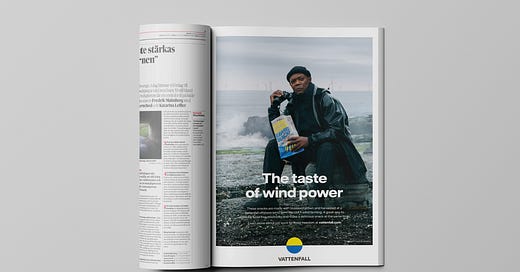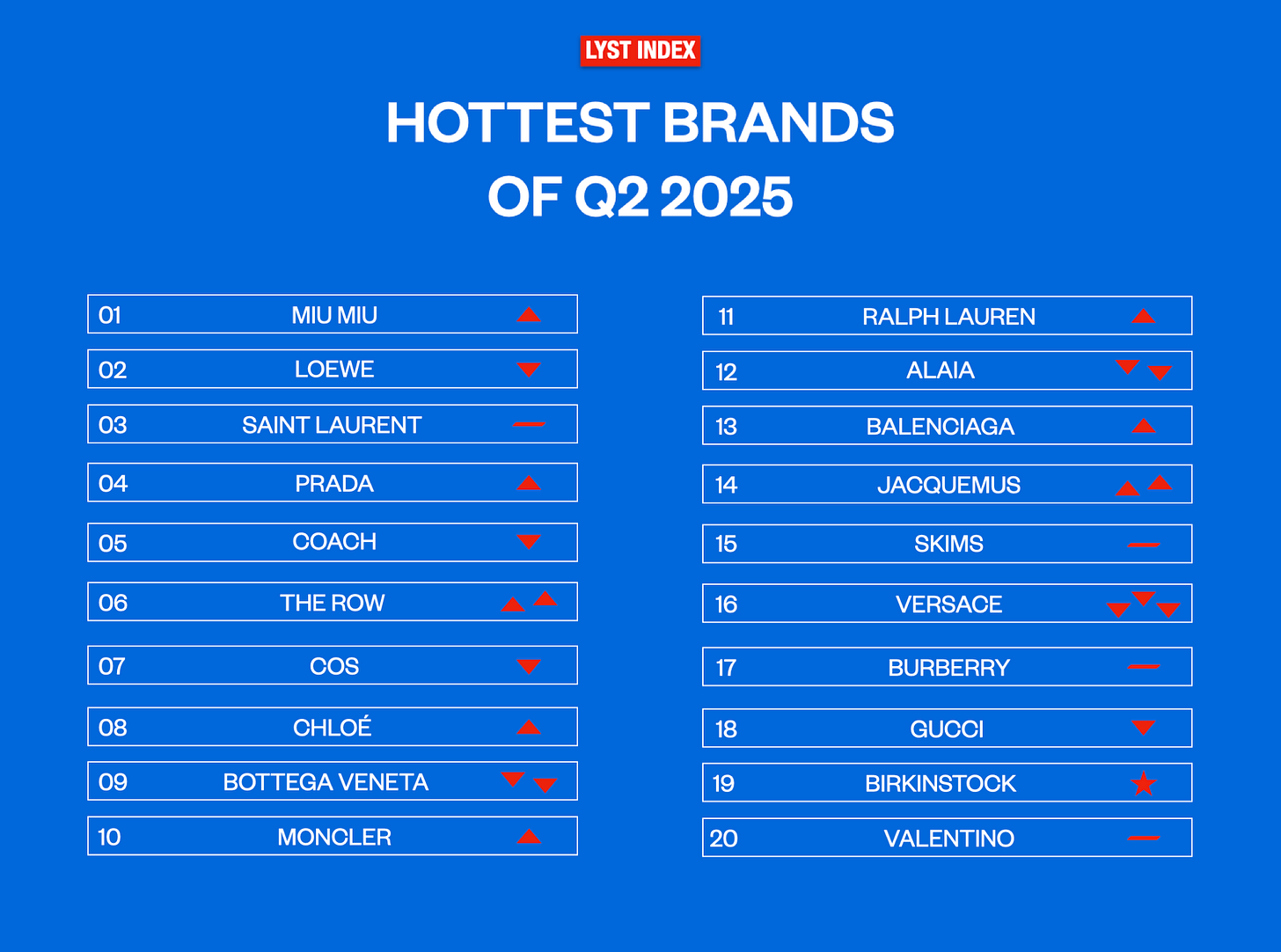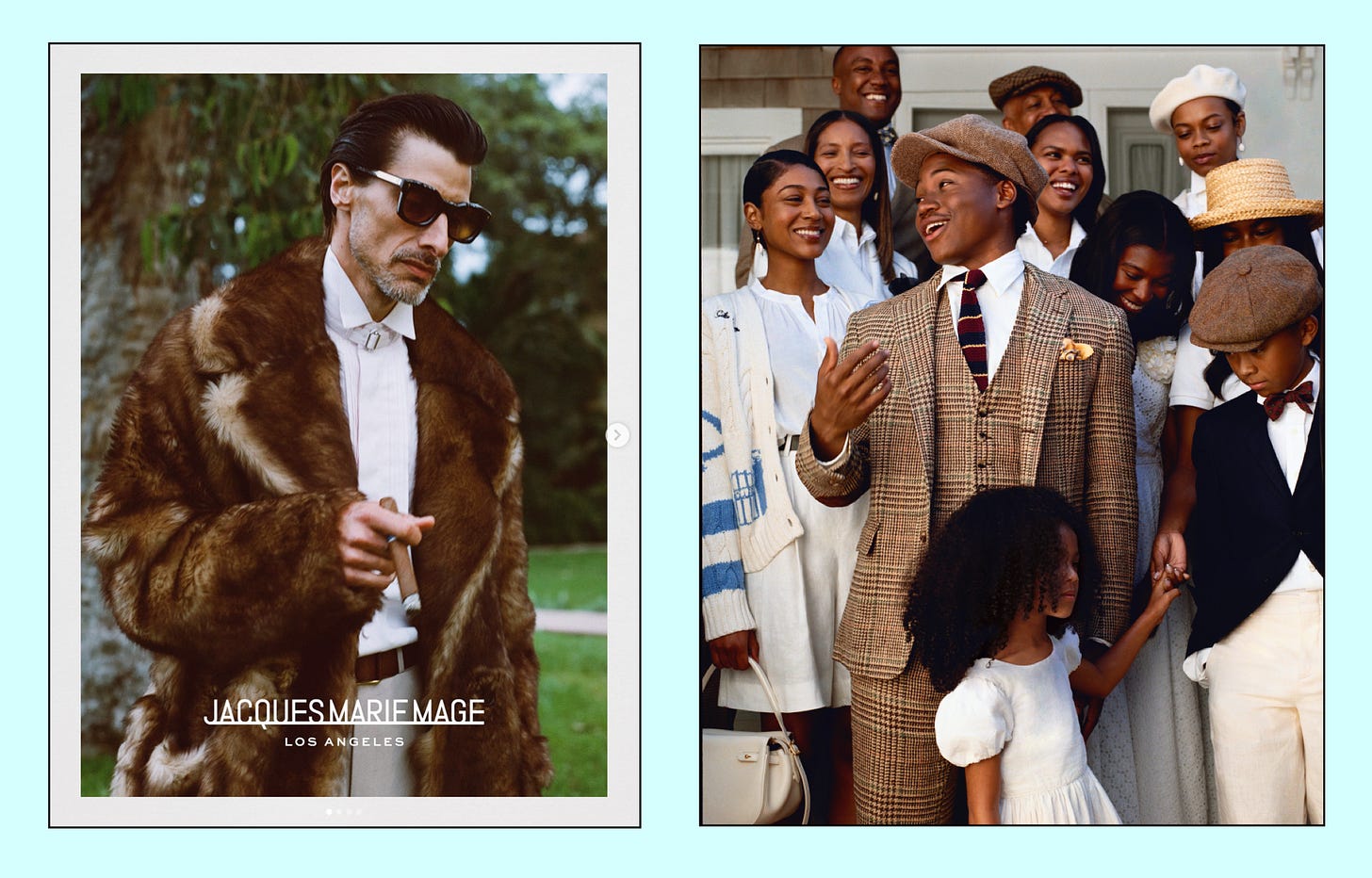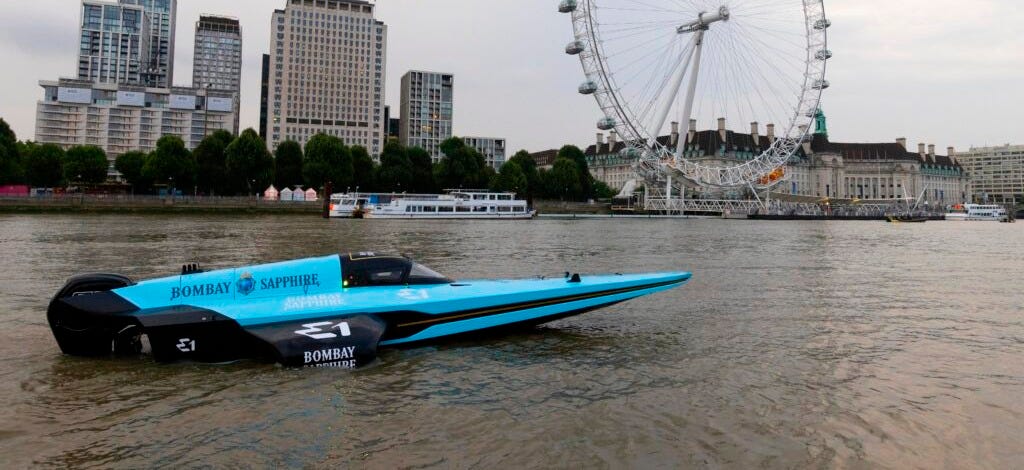
Table of Contents
- The Big Picture
- Macro & Corporate Moves: The Platform & Portfolio Squeeze
- The Authenticity Wars: Brand Campaigns & Culture Clashes
- Distribution, Disruption, and Manufactured Scarcity
- AI, Identity, and the Coming Trust Recession
- Agency Landscape: Consolidation, Contraction, and a Flight to Quality
- What I'm Watching Next

The Big Picture
This week, the signal is clear: the platforms we build on are shifting beneath our feet, the value of proprietary data is skyrocketing, and the line between authentic and artificial is becoming the new competitive battleground. We're seeing major players make chess moves that will have ripple effects for years, from Apple tightening its grip on messaging to Amazon paying a premium for high-quality AI training data. For founders and builders, these aren't abstract headlines; they are direct indicators of where the risk and opportunity lie. The core challenge remains the same: how do you build a resilient business and a direct line to your customers when the rules of the game can change overnight? Let's break it down.


Macro & Corporate Moves: The Platform & Portfolio Squeeze
The What (Synthesis): The economic picture is mixed. In the UK, Deloitte's consumer confidence index fell 2.6 points, while US consumer confidence saw a slight improvement despite concerns over tariffs. The U.S. economy grew at a 3% annualized rate in Q2. On the corporate front, Reddit's shares jumped 20% after beating sales and guidance expectations. Conversely, Novo Nordisk shares dropped 20%. In a major strategic shift, Dotdash Meredith is rebranding to People Inc., doubling down on its most valuable asset. Amazon struck a deal to pay The New York Times at least $20 million annually to use its content for training AI models. LVMH is reportedly exploring a sale of the Marc Jacobs brand. And in a critical development for anyone relying on SMS marketing, Apple's upcoming iOS 26 text filters are projected to cost political campaigns millions, a warning shot for all marketers.


My Take: Three moves here are critical for every founder to understand.

First, the Amazon/NYT deal is a landmark event that puts a concrete price tag on high-quality, human-generated content as fuel for AI. Amazon isn't just buying articles; it's buying a trusted, structured, and coherent data set to train its models. For any business, this highlights the latent value of your proprietary content. Your blog posts, customer service transcripts, and product descriptions aren't just marketing material; they are a potential training asset. The question you should be asking is: what unique data ecosystem are we building, and how can we leverage it?
Second, Apple's iOS 26 update is a textbook example of platform risk. For years, businesses have been told to build their lists, but this move shows that even a direct channel like SMS is not immune to the whims of a gatekeeper. When a platform you don't own can unilaterally degrade your ability to reach your customers, your business is vulnerable. This is the "Reachable Audience" Doctrine in action. It reinforces the absolute necessity of owning your audience through diversified, permission-based channels, with email being the most resilient. Never build your entire house on rented land. Join other founders and builders getting insights like these delivered to their inbox.
Finally, LVMH exploring a sale of Marc Jacobs while Dotdash Meredith rebrands to People Inc. tells a story of portfolio optimization. In an uncertain economy, conglomerates shed non-core assets and double down on their winners. LVMH is a chess player, constantly refining its portfolio for maximum performance. Dotdash Meredith recognized that the "People" brand has more equity and clarity than its corporate parent. For an SMB, the lesson is about focus. What is your "People" magazine? What is your hero product or service? In a downturn, you win by focusing your resources on what you do best, not by trying to be everything to everyone.
The Authenticity Wars: Brand Campaigns & Culture Clashes
The What (Synthesis): American Eagle faced significant backlash for its Sydney Sweeney "great jeans" campaign, leading the company to work with a crisis PR firm. Rival Abercrombie & Fitch quickly capitalized on the moment, creating social content that subtly jabbed at the campaign. Dunkin's ad featuring Gavin Casalegno's "genetics" drew similar comparisons to the Sweeney ad's tone. Meanwhile, Selena Gomez's Rare Beauty is expanding into fragrance, using a scratch-and-sniff OOH campaign to drive interest. In the creator world, Kendrick Lamar launched a new creative agency, Project 3, with Dave Free. And in a comeback story, Ty Haney is attempting to give Outdoor Voices another go.

My Take: The American Eagle saga is a masterclass in what happens when a brand's message is misaligned with cultural sentiment. The backlash wasn't just about the ad; it was a reaction to a perceived lack of substance and a return to a simplistic, outdated mode of advertising. The key takeaway for any founder is that execution risk is real. You can have a big star and a big budget, but if the message feels tone-deaf, the market will reject it.

The more interesting move is Abercrombie's response. They didn't need a Super Bowl budget to enter the conversation. They used agility and cultural awareness to create a campaign that felt smarter and more in tune with the consumer. This is the athlete's mindset in marketing: see an opponent stumble and execute a quick, decisive counter-play. For an SMB, this is gold. You can outmaneuver bigger competitors by being faster and more culturally fluent.
On the other side of the spectrum, Rare Beauty's scratch-and-sniff campaign is a smart fusion of digital hype and physical experience. It creates a tangible, memorable interaction that cuts through the noise. It’s a reminder that even in a digital-first world, engaging the other senses can be a powerful differentiator. It’s not just about what they see on the screen; it’s about creating a multi-sensory brand experience.
Distribution, Disruption, and Manufactured Scarcity
The What (Synthesis): In a major retail shift, Ikea kitchens will now be sold at Best Buy. In the world of brand collaborations, Subway is continuing its partnership with Netflix for "Happy Gilmore 2" with an immersive pop-up experience. Demonstrating the power of cult followings, the popular "Bluey gnomes" returned to the Australian hardware store Bunnings for $19 after being resold on eBay for as much as $1000. In the beverage sector, the rapid rise of China's Luckin Coffee is posing a serious challenge to Starbucks' dominance. Finally, New York's MTA, which banned alcohol ads seven years ago, is now reconsidering the ban to raise funds.

My Take: The Ikea/Best Buy partnership is a strategic masterstroke in distribution. Ikea is acknowledging a fundamental truth: you must go where your customers already are. They are trading the control of their own store environment for access to Best Buy's massive retail footprint. For any business owner, this is a crucial lesson in overcoming friction. Are you making it as easy as possible for customers to buy from you? Or are you forcing them to go out of their way? This is a move from a destination brand to a convenience brand, and it will unlock a new customer segment for them.

The Bluey gnomes story is a perfect microcosm of modern fandom and manufactured scarcity. Bunnings and the show's creators built a product that tapped directly into the heart of its fan community. The initial scarcity (whether intentional or not) created immense hype, turning a $19 gnome into a status symbol. The subsequent re-release satisfies the broader market while reinforcing the product's cult status. This is a playbook for any niche business: super-serve your core audience, create something they feel is "theirs," and watch them become your most powerful marketing engine.
Finally, the Luckin Coffee vs. Starbucks battle is a classic case of a tech-native disruptor taking on an established incumbent. Starbucks built its empire on the "third place"—the experience, the ambiance. Luckin built its empire on the smartphone—efficiency, discounts, and seamless digital ordering. It's a reminder that your biggest competitive threat often doesn't look like you. It attacks your business model from a completely different angle. The MTA's reversal on alcohol ads is a simple economic reality check: when revenue is needed, principles can become flexible.
AI, Identity, and the Coming Trust Recession
The What (Synthesis): The uncanny valley is getting crowded. A video of AI-generated bunnies on a trampoline is reportedly causing a "crisis of confidence" on TikTok, as users struggle to distinguish real from fake. This concern hit the mainstream when Vogue magazine ran an ad for Guess featuring what readers called "disturbing" AI models. It was later revealed that three AI-generated ads were in the magazine, but only one was labeled as such.
My Take: This isn't just about weird AI bunnies. This is the beginning of a widespread "trust recession." As the cost to generate high-quality synthetic content approaches zero, the value of verifiably authentic content will skyrocket. The Vogue/Guess incident is a canary in the coal mine. The failure to clearly label AI-generated content isn't just an oversight; it's a strategic choice driven by the desire to pass it off as real. This will backfire.
For founders and builders, this presents both a threat and an enormous opportunity. The threat is that the noise will become deafening, and your audience will become increasingly skeptical of everything they see. The opportunity lies in becoming a trusted source. This is where the "Reachable Audience" Doctrine becomes your shield. Your email list, your community, your direct relationships—these are channels where you have built trust over time. As the open platforms get flooded with synthetic content, your permission-based audience becomes an invaluable asset. Proving you are real, and that the content you create is by and for humans, will become a competitive advantage. The businesses that thrive will be those that double down on transparency and authentic connection. Join other founders and builders getting insights like these delivered to their inbox.
Agency Landscape: Consolidation, Contraction, and a Flight to Quality
The What (Synthesis): The advertising agency world is in flux. Major holding companies are making strategic acquisitions, with R/GA buying an AI firm and Publicis snapping up sports marketing agency Bespoke and data firm p-value Group. WPP lost a key executive, Laurent Ezekiel, to Publicis. Financially, Stagwell reported a return to revenue growth, while IPG navigated a 3.5% organic revenue decline. On the ground, two independent Sydney agencies went under, owing a collective $7 million. In major account moves, Publicis won PayPal's global media, Dentsu secured the BMW Group media account across Europe, TBWA won the Woolworths Everyday Rewards pitch, and GUT was named the global agency for luxury brand RIMOWA.
My Take: Look at the acquisitions and the big account wins, and you'll see where the money is flowing: data, AI, and specialized commerce. The holding companies aren't just buying headcount; they're buying capabilities. Publicis winning PayPal and Dentsu winning BMW aren't coincidences. These are massive, complex clients who need sophisticated data and technology partners, not just creative shops. The era of the generalist agency is fading.
The collapse of the two Sydney indies is a harsh but necessary reminder of the athlete's reality: cash flow is king. For any founder, especially those who use agency partners, this is a cautionary tale. Ensure your partners are on solid financial footing.
For the busy business owner, this churn means you have to be a more discerning buyer. Don't be swayed by a big legacy name. Ask potential partners about their tech stack. Ask for case studies on how they've used data to drive real business outcomes. The best partners today are those who can blend strategic creativity with rigorous, data-driven execution. As the market consolidates, the best-performing agencies will be those that can prove their direct impact on the bottom line. Finding the right one is a critical growth lever. Join other founders and builders getting insights like these delivered to their inbox.
What I'm Watching Next
I'm keeping a close eye on two things. First, the fallout from Apple's iOS 26 filter. We'll see the immediate impact on political fundraising, but the second-order effect will be a rapid acceleration of brands trying to pull users from SMS to more resilient owned channels like email and dedicated apps. Watch for a surge in "download our app" promotions.
Second, the brand response to the "trust recession." Who will be the first major brand to radically embrace transparency and label all of their marketing content, distinguishing between human-made, AI-assisted, and fully AI-generated? This seems like a defensive move now, but I predict it will become a powerful offensive strategy to build brand equity with a skeptical consumer base. The first to do it well will capture a significant trust premium.
Subscribe to Weekly Insights
Get weekly insights on AI, SEO, and Growth Marketing delivered to your inbox. No spam, just the good stuff.
Prefer not to subscribe? Feel free to follow me on LinkedIn for the same insights and to connect